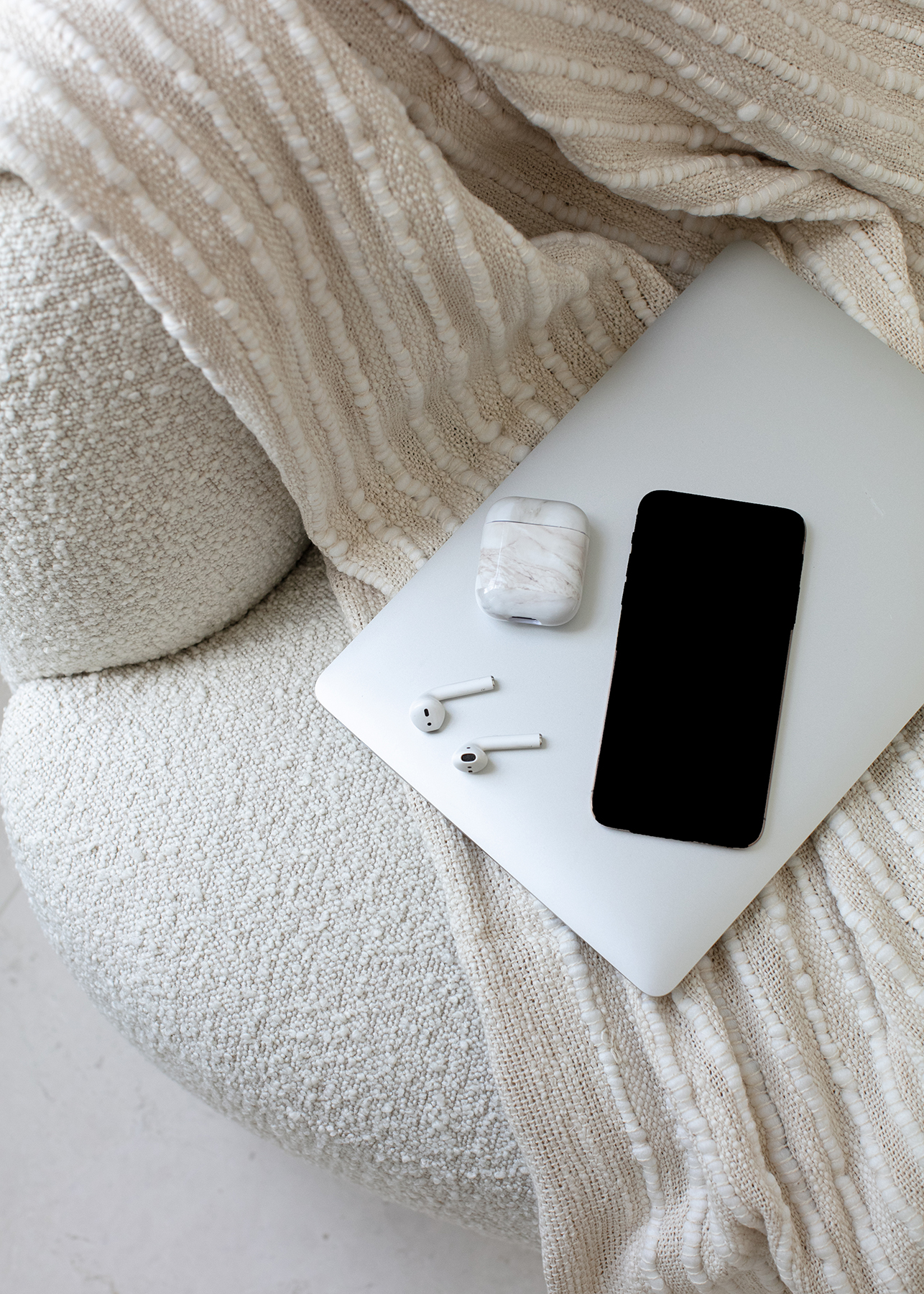
Blog Introduction: Have you ever had a bad night’s sleep, and then the next day everything just seemed to go wrong? Or perhaps you’ve noticed that certain rooms in your home tend to make you feel more relaxed or agitated than others? These experiences may seem like they are unrelated, but the truth is that your living environment can have a significant impact on your emotional well-being. In this blog post, we’ll explore the connection between lack of sleep and your home, and share some tips for creating a more peaceful and nurturing living space.
The Importance of Quality Sleep: Before we dive into how your home can impact your emotions, let’s take a closer look at the importance of quality sleep. Sleep is not just a time for your body to rest and recharge; it’s also a critical period for your brain to process and consolidate learning, memories, and emotions. Without proper sleep, you may experience mood swings, anxiety, depression, and difficulty concentrating. So if you’re struggling to get adequate sleep, it’s essential to identify and address any potential environmental factors that could be contributing to the problem.
Creating a Sleep-Supportive Bedroom: Your bedroom should be your sanctuary – a place where you feel calm, relaxed, and supported. If your bedroom is cluttered, noisy, or uncomfortable, it’s going to be much harder to achieve restful sleep. Start by decluttering and organizing your space, selecting calming colors and textures for your bedding and decor, and investing in a high-quality mattress and pillows that provide the right amount of support for your body. You may also want to consider blocking out noise and light with room-darkening shades or a white noise machine.
Reducing Exposure to Stressful Triggers: Your home should be a refuge from the stresses of the outside world, but unfortunately, it can also be a source of stress and tension. For example, if you have a messy or disorganized living space, it can make you feel anxious and overwhelmed. Similarly, if you have a television or computer in your bedroom, it can disrupt your sleep and make it harder to switch off at night. Try to identify any triggers in your living environment that make you feel stressed or overwhelmed, and take steps to address them. This might mean decluttering your space, setting boundaries around technology use, or even creating designated meditation or relaxation areas.
The Impact of Natural Light and Fresh Air: Exposure to natural light and fresh air is essential for regulating your body’s natural sleep and waking cycles. If your home is dark, stuffy, or poorly ventilated, it can disrupt your circadian rhythms and make it harder to fall asleep and wake up feeling refreshed. Make sure to open your windows regularly to let in fresh air, and consider investing in blackout shades or curtains to block out external light sources. You may also want to incorporate plants or other natural elements into your living space, such as a living green wall or indoor fountain, to create a sense of calm and tranquility.
Cultivating a Mindful Home: Finally, creating a mindful home can help you stay present and connected to your emotions, which can have a positive impact on your well-being overall. Making space for mindfulness practices, such as yoga or meditation, can help you develop a deeper sense of awareness around your thoughts and feelings, and help you process any negative emotions that may be preventing you from getting adequate sleep. Additionally, surrounding yourself with positive affirmations, art, or other meaningful objects can help uplift your mood and create a more supportive living environment.
Conclusion: Your home is more than just a place to eat, sleep, and store your possessions – it’s the backdrop of your daily life, and it can have a significant impact on your emotions and well-being. By being mindful of the environmental factors that contribute to restful sleep and emotional balance, and taking steps to create a supportive and nurturing living space, you can create a home that truly supports your health and happiness. So take a closer look at your living environment today, and see what changes you can make to create a more peaceful and harmonious space. Your mind and body will thank you for it!